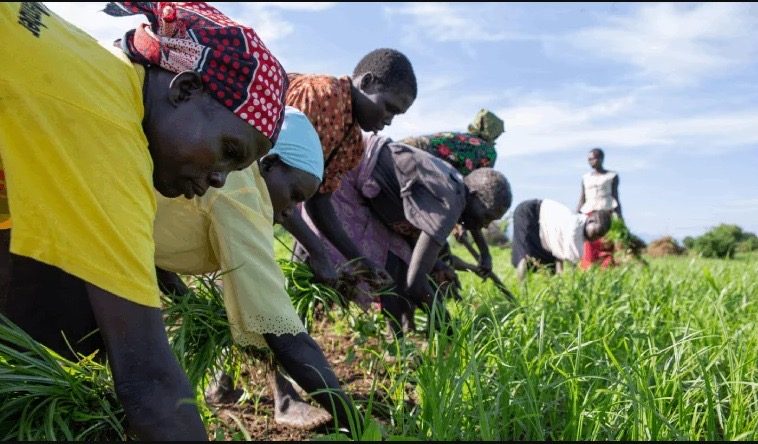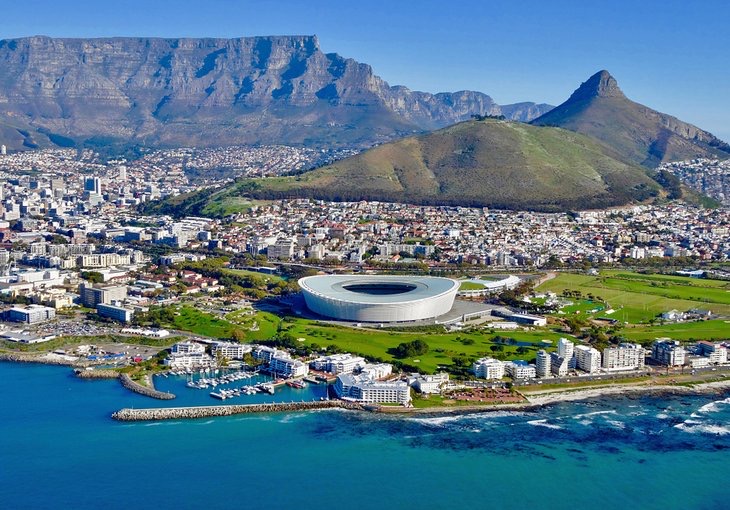The history of Sao Tome and Principe is one deeply intertwined with colonialism. Dissecting the injustices of the past and their reverberations in the present leaves a long trail of inequality and systemic oppression.
The twin island country of Central Africa, located on the Equator in the Gulf of Guinea endured centuries of exploitation. First colonized by the Portuguese in the 15th century, primarily for their lucrative sugar plantations and cultivated through the forced labour of enslaved Africans, a legacy of economic inequality, social divisions, and cultural erasure was established. The scars of this dark history still linger, embedded in the nation’s socio-economic fabric. Today, the descendants of those enslaved labourers continue to face these challenges.
Despite being independent since 1975, Sao Tome and Principe remains one of the poorest countries in the world, with high poverty levels, limited access to education and healthcare, and infrastructural deficits. With approximately 225,000 people, Sao Tome and Principe faces economic challenges despite its untapped natural wealth and youthful population. Data from the World Bank reveal a GDP per capita of $2,817, the country battles poverty and income inequality, with up to 45% of the population living below $3.65 per day.
Recent setbacks including an energy crisis and fuel shortage led to a 0.5% economic contraction in 2023. However, with improved fiscal policies, growth was projected to rebound to 2.5% in 2024 with uncertainties surrounding reforms, external financing, global supply chains, and climate-related risks threatening future growth and poverty reduction efforts.
The Minister of Education and Culture in Sao Tome and Principe announced plans for the government to approach Portugal seeking redress for the moral harm inflicted by colonialism. Minister Isabel Abreu conveyed to Portugal’s Lusa news agency that a negotiation strategy for reparations would be developed, emphasizing the intricate process ahead. This initiative is slated for discussion at a cabinet meeting, following Portugal’s President Marcelo Rebelo de Sousa acknowledging his country’s responsibility for atrocities committed during the transatlantic slave trade and colonial period, prompting a national dialogue and criticism from certain political factions.
Contrary to Rebelo de Sousa’s stance, Portugal’s center-right government clarified its position against initiating reparations, advocating for reconciliation as an alternative. The colonial history, marked by Portuguese dominion over nations like Angola, Mozambique, Brazil, Cape Verde, and others, remains a focal point of contention, with varied responses from affected regions. Mozambique’s UN ambassador viewed acknowledgment as a form of reparative action, while Cape Verde’s President advocated for dialogue to foster mutual understanding. Brazil’s Minister of Racial Equality engaged in discussions with Portugal on the matter.
Reparations for Africans and the diaspora are overdue, acknowledging the legacy of slavery and colonialism. What remains is determining how reparations will be distributed, a task requiring both economic pragmatism and empathetic consideration.
Claims that Africa was inherently underdeveloped are debunked by historians, who argue the continent had the potential for significant progress. The immense human loss deprived Africa of potential population growth and development opportunities. Slavery not only depleted Africa’s population but also perpetuated internal conflicts.
Debates surrounding reparations for historical injustices such as transatlantic slavery are multifaceted. Opponents question the accountability of present-day entities for past atrocities, while proponents argue for addressing the enduring impact on marginalized communities and recognizing ongoing economic disparities rooted in centuries of exploitation. Despite longstanding disputes, the momentum for reparative measures has been growing globally, with UN Secretary-General Antonio Guterres stressing the imperative of overcoming generations of discrimination through reparations.


